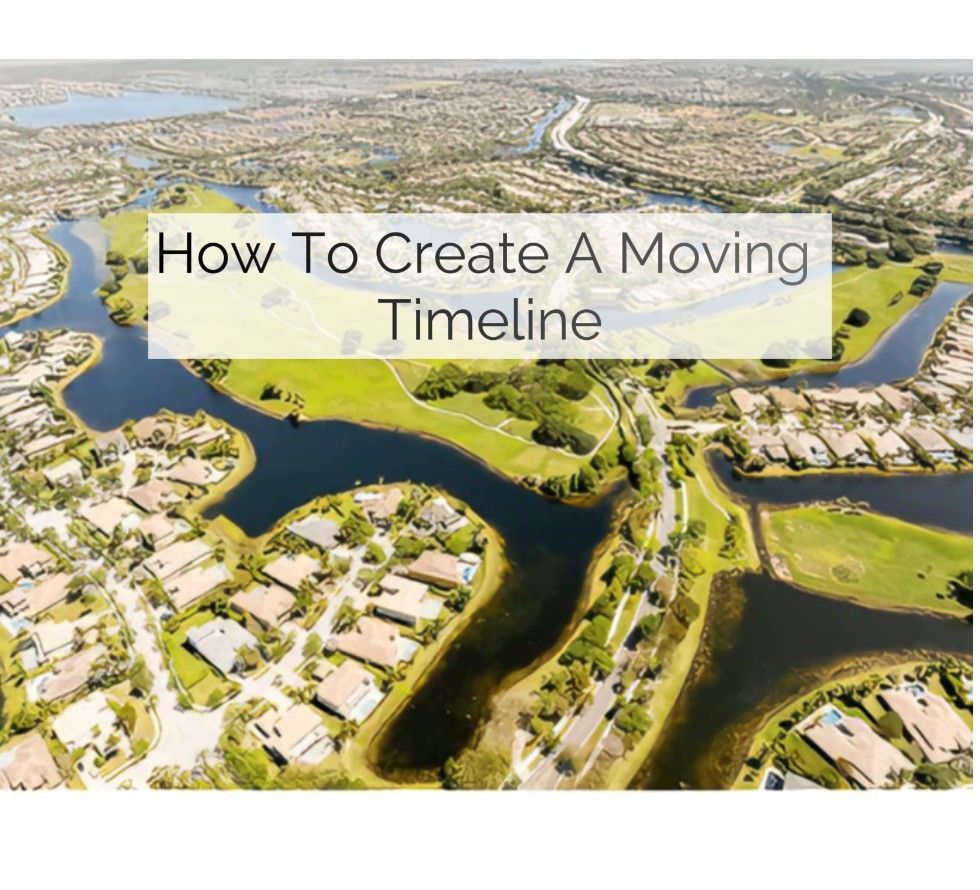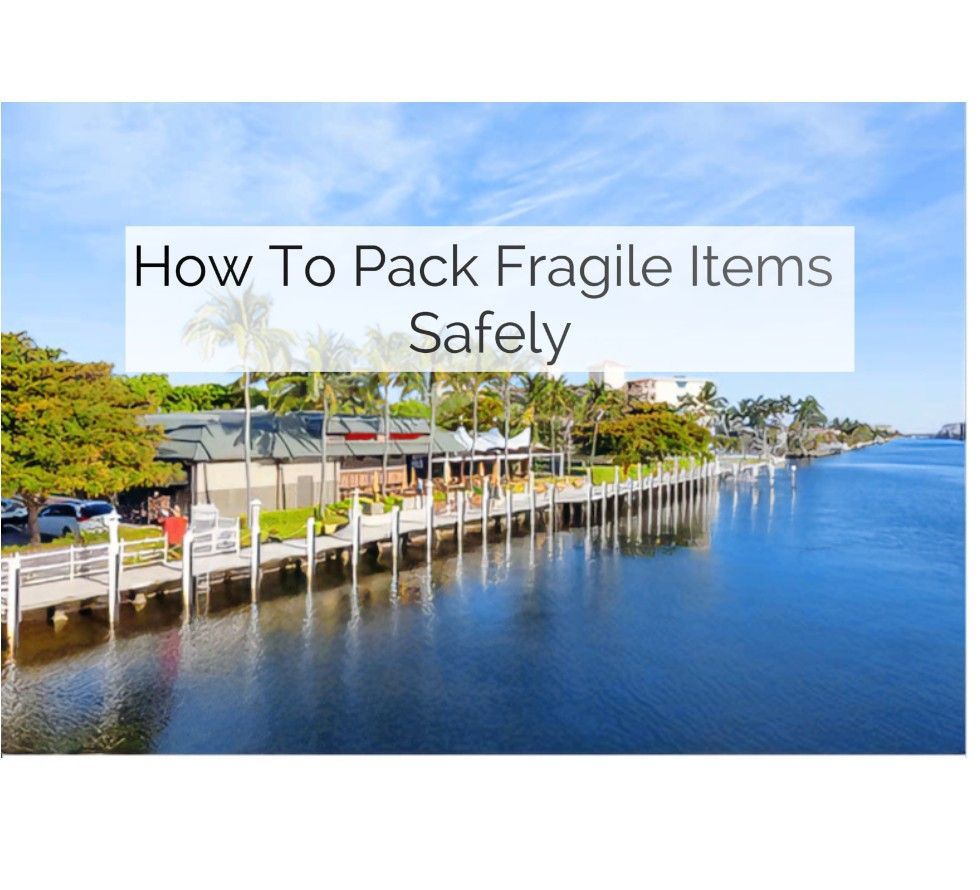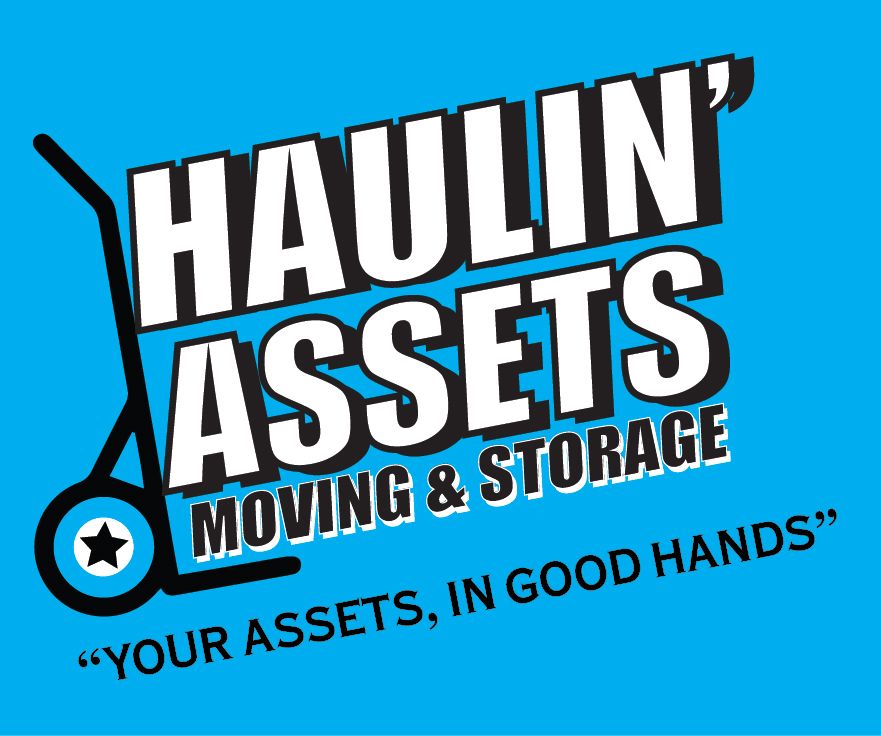A driver's license is an official document that allows a person to operate motor vehicles legally. It's more than just a piece of plastic—it represents responsibility and freedom. In Florida, there are various types of licenses tailored to different needs, from everyday driving to commercial trucking.
Who Needs a Florida Driver's License?
If you live in Florida and plan to drive on its roads, you need a Florida driver’s license. Here are a few details:
- Residents: If you live in Florida and plan to drive, you need to get a state driver’s license within 30 days of becoming a resident.
- Non-residents: Tourists and temporary residents may use their out-of-state or international licenses for a short period.
- Special cases like military personnel and students may have different requirements. Always check the latest regulations to be sure.
Eligibility Criteria
Age Requirements
To obtain a Florida driver's license, you need to meet certain age criteria:
- Minimum Age: The minimum age to apply for a learner’s permit in Florida is 15 years old. For a full, unrestricted driver’s license, you must be at least 18 years old.
- Drivers Under 18: If you're under 18, there are additional requirements. For instance, you must hold a learner’s permit for at least 12 months without any traffic convictions before applying for a driver's license.
Physical and Mental Fitness
Your physical and mental fitness is crucial for safe driving:
- Health Conditions: Some health conditions might affect your ability to drive. For example, severe epilepsy or poor eyesight must be managed carefully.
- Medical Examinations: In some cases, you might need a medical examination to prove you're fit to drive. This can include vision tests and evaluations from a doctor if you have a condition that might impair your driving.
Types of Florida Driver's Licenses
Class E – Standard Driver’s License
The Class E license is the most common type of driver's license for personal vehicle operation in Florida:
- Vehicles and Usage: This license allows you to drive non-commercial vehicles such as cars, trucks, and SUVs. It’s suitable for day-to-day driving needs.
- Key Features and Restrictions: With a Class E license, you can drive non-commercial vehicles weighing less than 26,001 pounds. However, driving commercial vehicles or motorcycles requires additional endorsements.
Commercial Driver's Licenses (CDL)
If you plan to drive commercial vehicles, you'll need a Commercial Driver's License (CDL):
- Classes:
- Class A: Allows you to operate large vehicles or combinations of vehicles, such as tractor-trailers.
- Class B: Permits you to drive single vehicles over 26,001 pounds, like buses and large trucks.
- Class C: For driving vehicles designed to transport 16 or more passengers, including the driver, or hazardous materials.
- Special Endorsements: Additional endorsements might be necessary for specific types of commercial driving, such as transporting hazardous materials or passengers.
Learner's Permits
A learner’s permit is the first step for new drivers:
- Purpose and Limitations: The permit allows beginners to practice driving with certain restrictions. For example, you can only drive during daylight hours for the first three months and must always be accompanied by a licensed driver who is 21 or older.
- Transitioning: After holding a learner's permit for at least 12 months without any traffic offenses, you can apply for a full driver’s license.
The Application Process
Documentation Required
When applying for a Florida driver's license, you'll need to provide several documents:
- Primary Identification: Typically a birth certificate or a valid passport.
- Secondary Identification: Could be a school ID card, military ID, or a Social Security card.
- Proof of Social Security Number: Your Social Security card, W-2 form, or a paycheck with your SSN.
Application Submission
You can submit your application at any Florida Department of Highway Safety and Motor Vehicles (FLHSMV) office or online for certain renewals and replacements:
- Where to Apply: Visit a local DMV office or check online options for various services.
Scheduling and Taking the Written Test
Before getting your license, you must pass a written test:
- Topics Covered: Traffic laws, road signs, and safe driving practices.
- Study Resources: The Florida Driver’s Handbook is a key resource. Practice tests are also available online.
- Tips for Success: Study thoroughly, take practice tests, and get a good night’s sleep before the test day.
Scheduling and Taking the Road Test
The road test is a practical demonstration of your driving skills:
- What to Expect: You'll be tested on various driving maneuvers such as parallel parking, reversing, and obeying traffic signals.
- Common Do’s and Don’ts: Do stay calm, follow all traffic laws, and listen carefully to the examiner’s instructions. Don’t rush or make impulsive decisions.
- Retesting Policies: If you fail, you can retake the test. However, you may need to wait a certain period and possibly pay additional fees.
Post-Application Process
Receiving Your License
After passing all necessary tests, you'll receive your license:
- Temporary vs. Permanent Licenses: You'll get a temporary paper license immediately, with the permanent plastic card mailed to you within a few weeks.
- Processing Times: It typically takes 2-4 weeks to receive your permanent license.
License Classifications and Endorsements
Understanding endorsements and restrictions on your license is essential:
- Endorsements: These allow you to operate certain types of vehicles, such as motorcycles or commercial trucks.
- Restrictions and Codes: Codes like corrective lenses or daylight driving only might be added based on health or test results.
Renewal and Replacement of Licenses
License Renewal Procedure
Keeping your license up to date is vital:
- When to Renew: Your Florida driver’s license is valid for eight years. Renewal notices are typically sent out 18 months before expiration.
- Renewal Options: You can renew online, by mail, or in person at a DMV office.
Replacing a Lost or Stolen License
If your license is lost or stolen, here’s what to do:
- Steps to Replace: Report the loss to the FLHSMV, provide identification, and pay the replacement fee.
Special Considerations and Programs
Driver Education Programs
Taking a driver education course can be beneficial:
- Programs Available: Many schools and private companies offer driver education classes which cover both theoretical and practical driving skills.
- Benefits: Completing these programs can sometimes lower insurance rates and make you a safer driver.
Restricted and Hardship Licenses
Certain circumstances may qualify you for special licenses:
- Restricted Licenses: These are for individuals with specific conditions, like driving for work only.
- Hardship Licenses: If your license is suspended, you might qualify for a hardship license allowing limited driving privileges.
Out-of-State Transfers
If you’re moving to Florida, here's how to transfer your license:
- Transfer Process: Visit a DMV office with your out-of-state license, proof of identity, residency, and Social Security number.
- Requirements: You might need to pass a vision test but can usually skip the written and road tests.
International Drivers
International visitors can drive in Florida with certain conditions:
- Driving with an International License: Valid for up to a year if you're a visitor. If planning to reside, you'll need to convert it to a Florida license.
- Conversion Process: Similar documentation as for new residents plus a driving test unless you’re from a country with reciprocal agreements.
What’s Next?
Obtaining a driver’s license in Florida is a significant milestone. By following these steps, you’ll be on the road in no time. Whether you’re a new resident or just starting to drive, good preparation is key. If you’re planning a move to Florida, consider reaching out to Haulin’ Assets Moving & Storage for a smooth and hassle-free relocation experience. With expert services in Pompano Beach, FL, we make your transition easier, so you can focus on getting settled and hitting the road safely.
Ready to make your move? Contact Haulin’ Assets Moving & Storage today and drive your moving worries away!


